I’ve been working my way through all of the Sherlock Holmes novels and stories over the last month. I love Holmes and Watson. Holmes’s deprecating remarks to Watson. His way of disguising himself so that Watson doesn’t recognize him. His haughtiness. His neurotic spells. The British usages, and the country scenes, and the class system. The dialog, and the dialect. Such fun, so comfortable, and a pleasant escape from our tense 21st C USA.

As described in the Wikipedia entry for Sherlock Holmes, the so-called Holmes Canon of works includes four novels, four story collections, and an isolated story. In chronological order they are:
• A Study in Scarlet (Novel) 1887
• The Sign of the Four (Novel) 1890
• The Adventures of Sherlock Holmes (Stories) 1891–1892
• The Memoirs of Sherlock Holmes (Stories) 1892–1893
• The Hound of the Baskervilles (Serialized Novel) 1901–1902
• The Return of Sherlock Holmes (Stories) 1903–1904
• The Valley of Fear (Serialized Novel) 1914–1915
• “His Last Bow” (Spy story that was published with a volume of reprint stories) 1917
• The Case-Book of Sherlock Holmes (Stories) 1921–1927)

My favorites are The Sign of the Four (that’s the one where Holmes is famously shooting up cocaine, but the key thing is that the story and characters are great in this one), and the story collections. Holmes supposedly dies at the end of the last story in The Memoirs, but he reappears in the first story of The Return. The intermediary The Hound of the Baskervilles is set before Holmes’s supposed death.
At this point, I’m near the end of the The Return of Sherlock Holmes, and I haven’t even gotten into the Case-Book yet. I’m glad I still have some Holmes left.

The edition I’ve been reading is Sherlock Holmes: The Complete Collection (Including all 9 books in Sherlock Holmes series), by Arthur Conan Doyle, Hatman’s Books. $0.99 on Kindle. I should caution that this cheap edition fails to include the occasional maps or diagrams that appear in the stories.
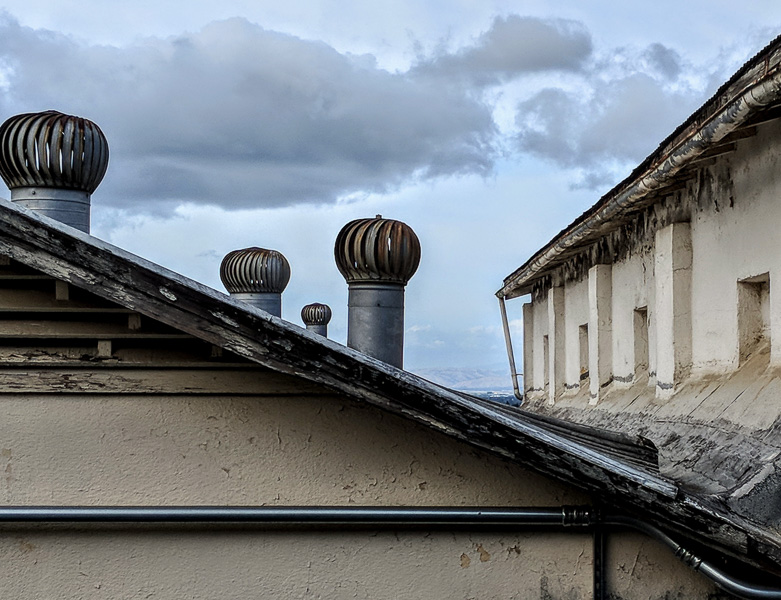
As I read, I’ve been highlighting passages that I find amusing or memorable. A nice feature of the Kindle is that it’ll send you a list of the passages you’ve highlighted, although I don’t think my ebook is laid out in the correct canonical order. Anyway, I’m reprinting a more or less consecutive series of Holmes quotes, without bothering to comment on them—they speak for themselves. And I put in the the novel or story titles.
Although I read The Adventures of Sherlock Holmes with relish, I neglected to highlight any passages in that collection…the highlighting was an idea I only had later on. But maybe, as time goes by, I’ll add a few more Holmes quotes from time to time.
If you want to locate the full passage corresponding to one of my excerpts, you can open a very nice online complete edition of the Holmes Canon , assembled by the worthy Christoph Ender, a software engineer in Husum, Germany. Note that Ender also provides ebook versions.
On Ender’s vast and capacious page, you can do a webpage Find words to find a given passage by typing a few words of the passage into a webpage Find box. To open a web page Find box, press Ctrl+f or Apple+f on the page, or go to the browser menu and select Find.
Ender’s page includes the drawings that are missing from my Kindle edition, although his online HTML version and his ebooks lack the final volume of Holmes stories, The Case-Book of Sherlock Holmes, as this volume is not yet in the publich domain, due to some grasping lawyers’ pettifoggery.
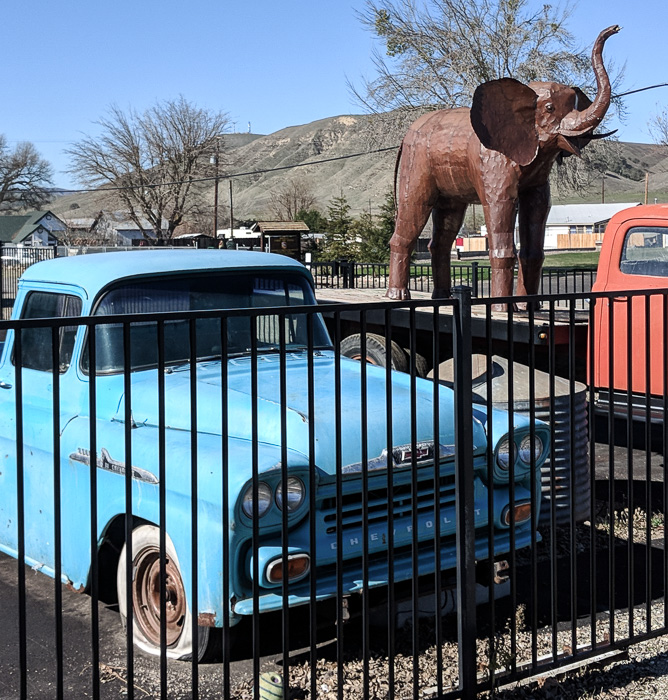
As I so often do, I’m going to fold in a completely irrelevant series of photos from my recent stash, with th expectation that the Surrealist Muse of Randomicity will, as always, provide hidden connections and entanglements among the quotes and the images. And take the Location numbers as surreal mileposts, if you will.
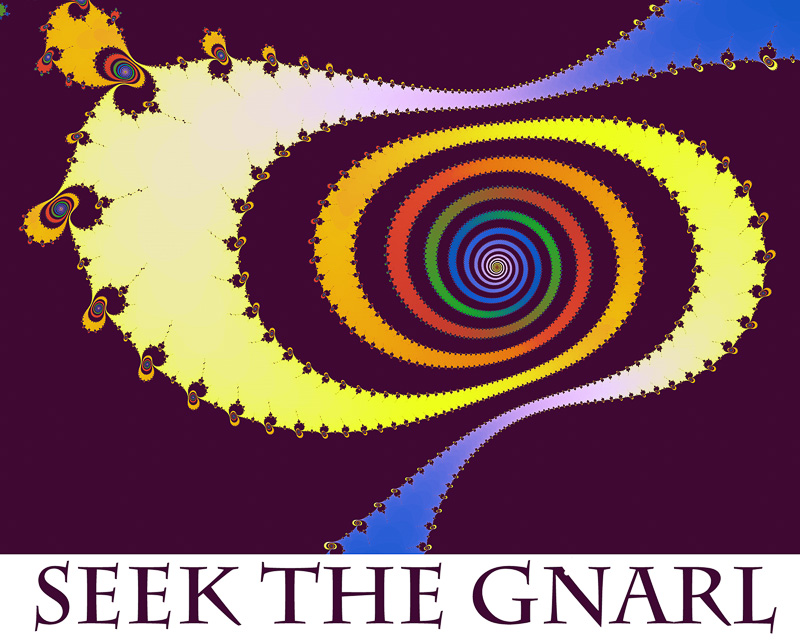
A Study in Scarlet
Holmes is a little too scientific for my tastes—it approaches to cold-bloodedness. I could imagine his giving a friend a little pinch of the latest vegetable alkaloid, not out of malevolence, you understand, but simply out of a spirit of inquiry in order to have an accurate idea of the effects. To do him justice, I think that he would take it himself with the same readiness.

The Sign of the Four
Sherlock Holmes took his bottle from the corner of the mantel-piece and his hypodermic syringe from its neat morocco case. With his long, white, nervous fingers he adjusted the delicate needle, and rolled back his left shirt-cuff. For some little time his eyes rested thoughtfully upon the sinewy forearm and wrist all dotted and scarred with innumerable puncture-marks. Finally he thrust the sharp point home, pressed down the tiny piston, and sank back into the velvet-lined arm-chair with a long sigh of satisfaction.

The Sign of the Four
He did not seem offended. On the contrary, he put his finger-tips together and leaned his elbows on the arms of his chair, like one who has a relish for conversation.
“My mind,” he said, “rebels at stagnation. Give me problems, give me work, give me the most abstruse cryptogram or the most intricate analysis, and I am in my own proper atmosphere. I can dispense then with artificial stimulants. But I abhor the dull routine of existence. I crave for mental exaltation.

The Sign of the Four
“I trust that you have no objection to tobacco-smoke, to the mild balsamic odor of the Eastern tobacco. I am a little nervous, and I find my hookah an invaluable sedative.”

The Sign of the Four
“This is all an insoluble mystery to me,” said I. “It grows darker instead of clearer.”
“On the contrary,” he answered, “it clears every instant. I only require a few missing links to have an entirely connected case.”
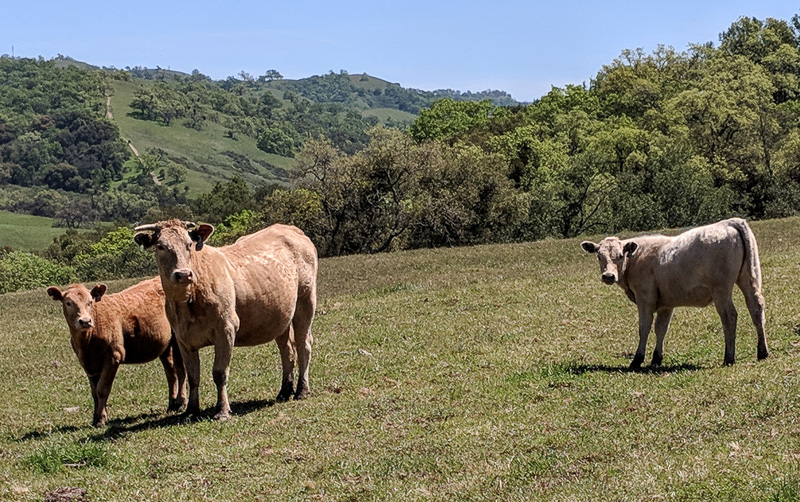
The Sign of the Four
He whipped out his lens and a tape measure, and hurried about the room on his knees, measuring, comparing, examining, with his long thin nose only a few inches from the planks, and his beady eyes gleaming and deep-set like those of a bird. So swift, silent, and furtive were his movements, like those of a trained blood-hound picking out a scent, that I could not but think what a terrible criminal he would have made had he turned his energy and sagacity against the law, instead of exerting them in its defense. As he hunted about, he kept muttering to himself, and finally he broke out into a loud crow of delight.

The Sign of the Four
I followed him some distance, but he subsided into an ale-house:

The Sign of the Four
“See how the folk swarm over yonder in the gaslight.”
“They are coming from work in the yard.”
“Dirty-looking rascals, but I suppose every one has some little immortal spark concealed about him. You would not think it, to look at them. There is no a priori probability about it. A strange enigma is man!”
“Some one calls him a soul concealed in an animal,” I suggested.
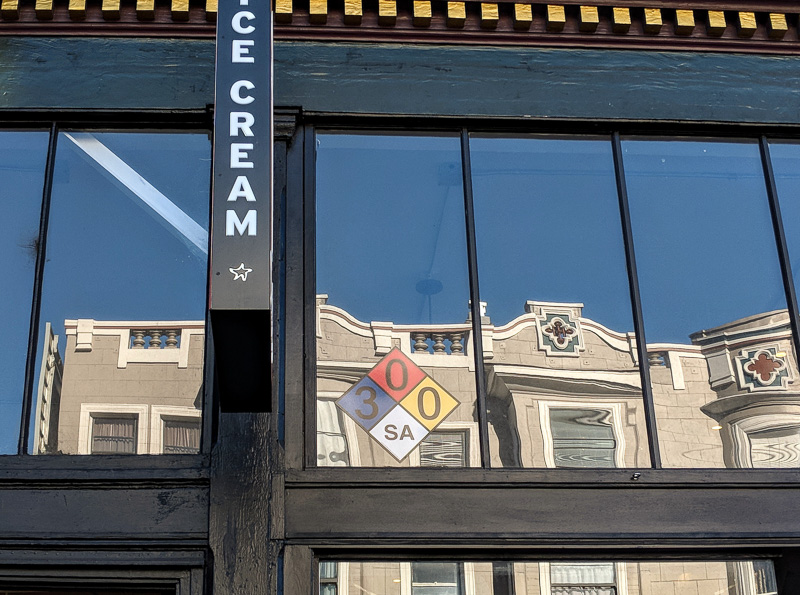
The Sign of the Four
“The division seems rather unfair,” I remarked. “You have done all the work in this business. I get a wife out of it, Jones gets the credit, pray what remains for you?”
“For me,” said Sherlock Holmes, “there still remains the cocaine-bottle.” And he stretched his long white hand up for it.
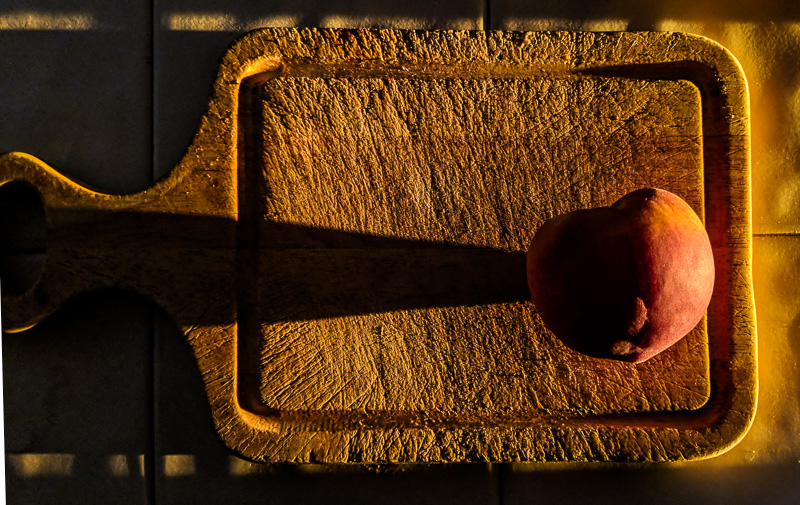
The Hound of the Baskervilles
“Would you have any objection to my running my finger along your parietal fissure? A cast of your skull, sir, until the original is available, would be an ornament to any anthropological museum. It is not my intention to be fulsome, but I confess that I covet your skull.”
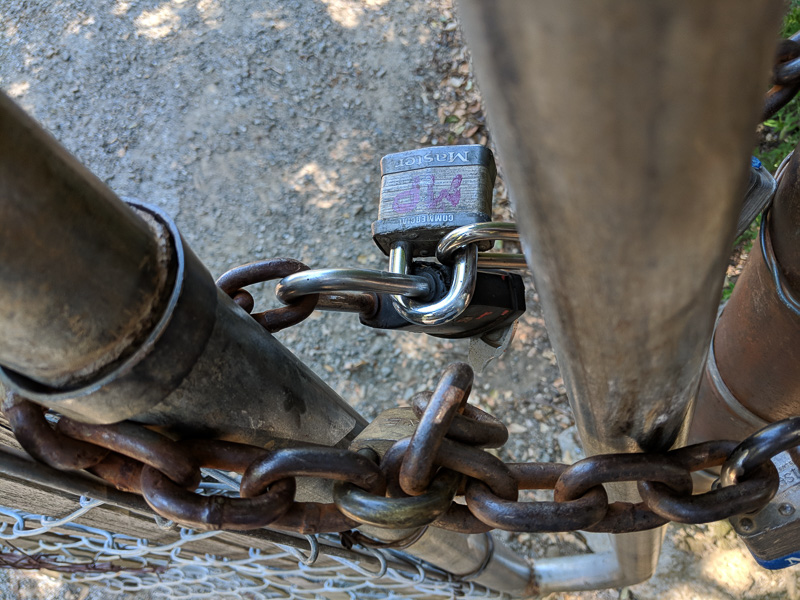
The Hound of the Baskervilles
A short walk brought us to it, a bleak moorland house, once the farm of some grazier in the old prosperous days, but now put into repair and turned into a modern dwelling. An orchard surrounded it, but the trees, as is usual upon the moor, were stunted and nipped, and the effect of the whole place was mean and melancholy.
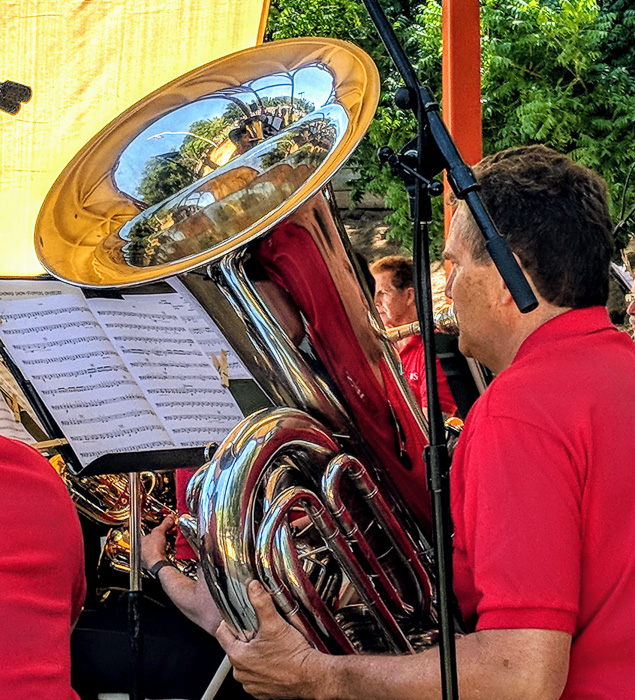
The Hound of the Baskervilles
Dr. Mortimer lunched with us. He has been excavating a barrow at Long Down and has got a prehistoric skull which fills him with great joy.

The Hound of the Baskervilles
He stopped suddenly and stared fixedly up over my head into the air. The lamp beat upon his face, and so intent was it and so still that it might have been that of a clear-cut classical statue, a personification of alertness and expectation.
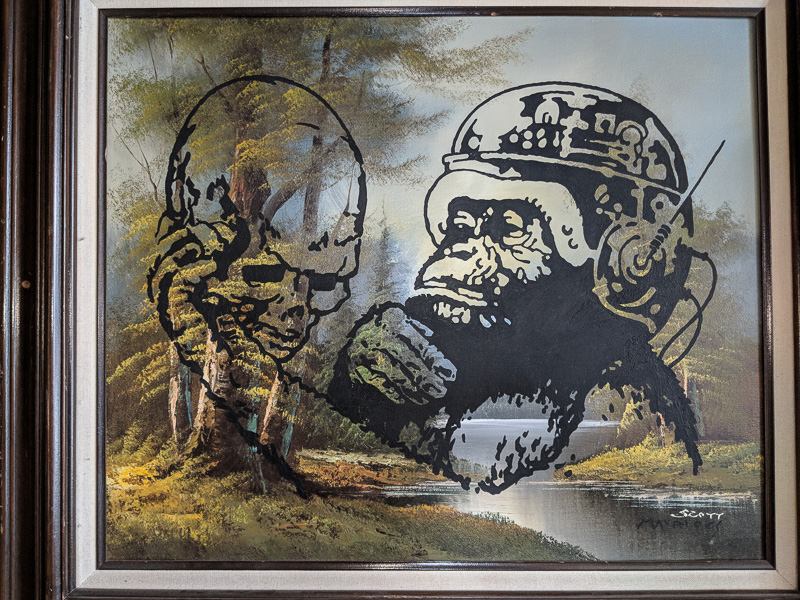
The Hound of the Baskervilles
The path zigzagged from tuft to tuft of rushes among those green-scummed pits and foul quagmires which barred the way to the stranger. Rank reeds and lush, slimy water-plants sent an odour of decay and a heavy miasmatic vapour onto our faces, while a false step plunged us more than once thigh-deep into the dark, quivering mire, which shook for yards in soft undulations around our feet. Its tenacious grip plucked at our heels as we walked, and when we sank into it was as if some malignant hand was tugging us down into those obscene depths, so grim and purposeful was the clutch in which it held us.

The Valley of Fear
“You have heard me speak of Professor Moriarty?”
“The famous scientific criminal, as famous among crooks as—”
“My blushes, Watson!” Holmes murmured in a deprecating voice.
“I was about to say, as he is unknown to the public.”
“A touch! A distinct touch!” cried Holmes. “You are developing a certain unexpected vein of pawky humour, Watson, against which I must learn to guard myself.

The Valley of Fear
“Is he not the celebrated author of The Dynamics of an Asteroid?”
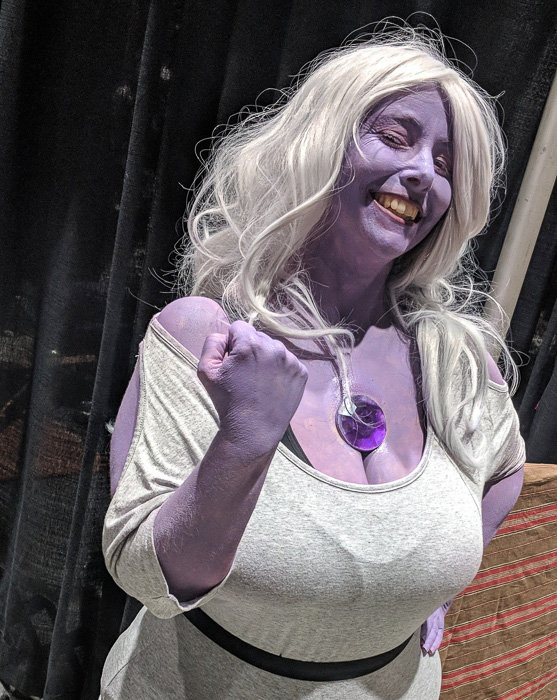
The Valley of Fear
“Your native shrewdness, my dear Watson, that innate cunning which is the delight of your friends, would surely prevent you from inclosing cipher and message in the same envelope.”
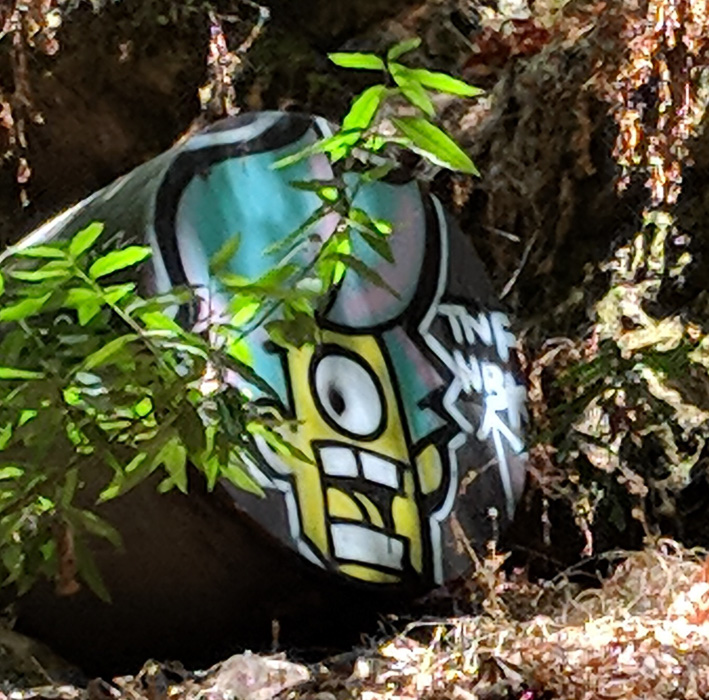
The Valley of Fear
“The old wheel turns, and the same spoke comes up.”

“The Stock Broker’s Clerk” in The Memoirs of Sherlock Holmes
One morning in June, as I sat reading the British Medical Journal after breakfast, I heard a ring at the bell, followed by the high, somewhat strident tones of my old companion’s voice.
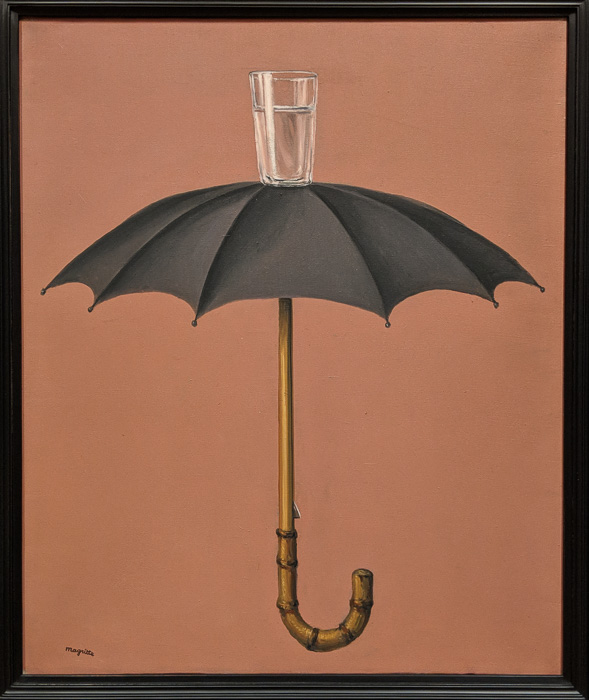
“The Adventure of the Cardboard Box” in The Memoirs of Sherlock Holmes
Finding that Holmes was too absorbed for conversation, I had tossed aside the barren paper, and leaning back in my chair, I fell into a brown study.
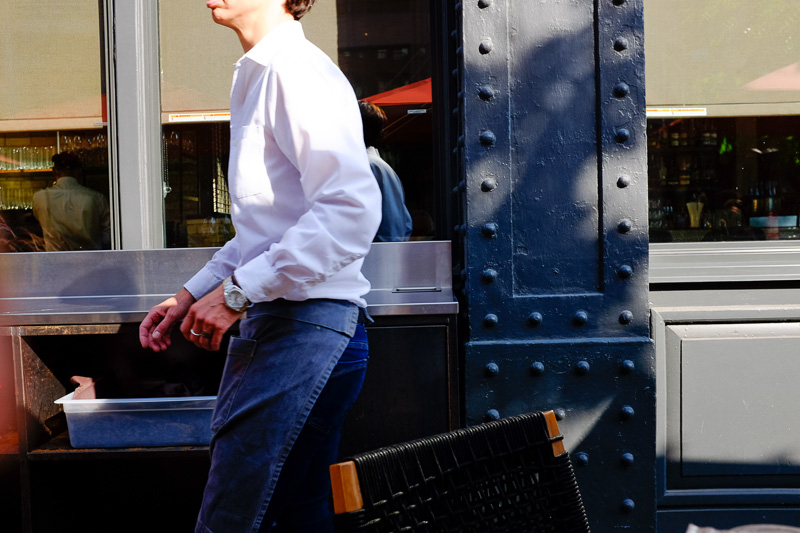
“The Final Problem” in The Memoirs of Sherlock Holmes
“Now I have come round to you, and on my way I was attacked by a rough with a bludgeon. I knocked him down, and the police have him in custody; but I can tell you with the most absolute confidence that no possible connection will ever be traced between the gentleman upon whose front teeth I have barked my knuckles and the retiring mathematical coach, who is, I dare say, working out problems upon a black-board ten miles away.”
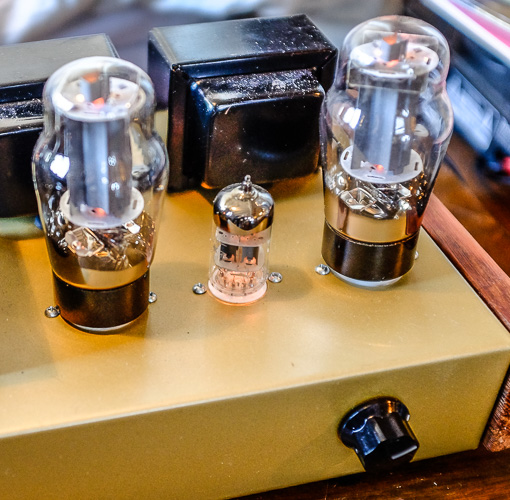
“The Final Problem” in The Memoirs of Sherlock Holmes
The torrent, swollen by the melting snow, plunges into a tremendous abyss, from which the spray rolls up like the smoke from a burning house. The shaft into which the river hurls itself is an immense chasm, lined by glistening coal-black rock, and narrowing into a creaming, boiling pit of incalculable depth, which brims over and shoots the stream onward over its jagged lip. The long sweep of green water roaring forever down, and the thick flickering curtain of spray hissing forever upward, turn a man giddy with their constant whirl and clamor. We stood near the edge peering down at the gleam of the breaking water far below us against the black rocks, and listening to the half-human shout which came booming up with the spray out of the abyss.

“The Adventure of the Empty House” in The Return of Sherlock Holmes
[Said Holmes:] “We tottered together upon the brink of the fall. I have some knowledge, however, of baritsu, or the Japanese system of wrestling, which has more than once been very useful to me. I slipped through his grip, and he with a horrible scream kicked madly for a few seconds, and clawed the air with both his hands. But for all his efforts he could not get his balance, and over he went.”
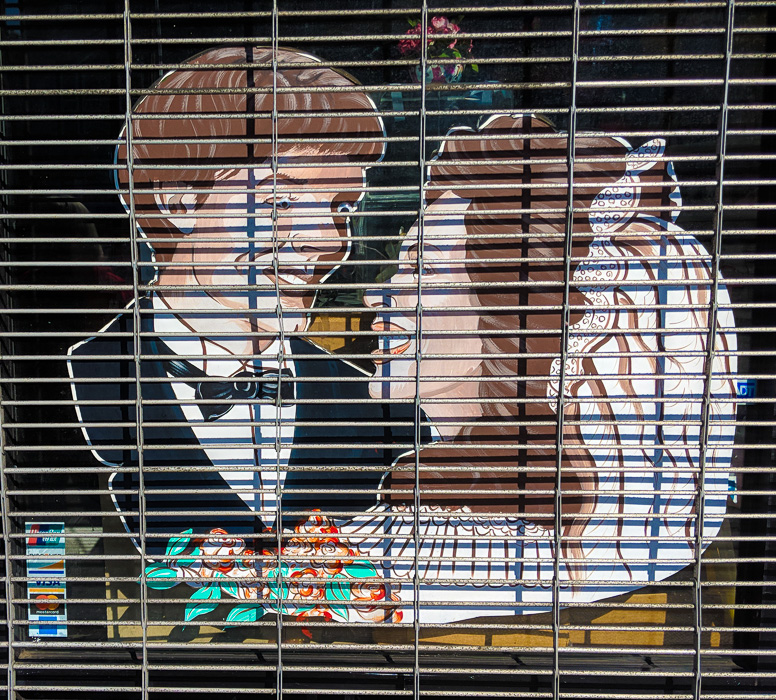
“The Adventure of the Solitary Cyclist” in The Return of Sherlock Holmes
“Oh, it may be a mere fancy of mine; but it had seemed to me sometimes that my employer, Mr. Carruthers, takes a great deal of interest in me. We are thrown rather together. I play his accompaniments in the evening. He has never said anything. He is a perfect gentleman. But a girl always knows.”
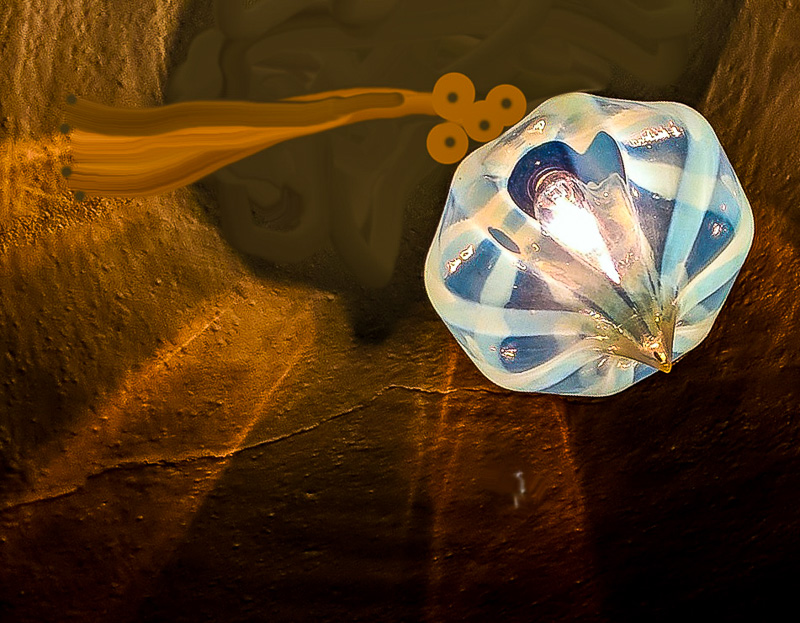
“The Adventure of the Priory School” in The Return of Sherlock Holmes
We have had some dramatic entrances and exits upon our small stage at Baker Street, but I cannot recollect anything more sudden and startling than the first appearance of Thorneycroft Huxtable, M.A., Ph.D., etc. His card, which seemed too small to carry the weight of his academic distinctions, preceded him by a few seconds, and then he entered himself—so large, so pompous, and so dignified that he was the very embodiment of self-possession and solidity. And yet his first action, when the door had closed behind him, was to stagger against the table, whence he slipped down upon the floor, and there was that majestic figure prostrate and insensible upon our bearskin hearth-rug.
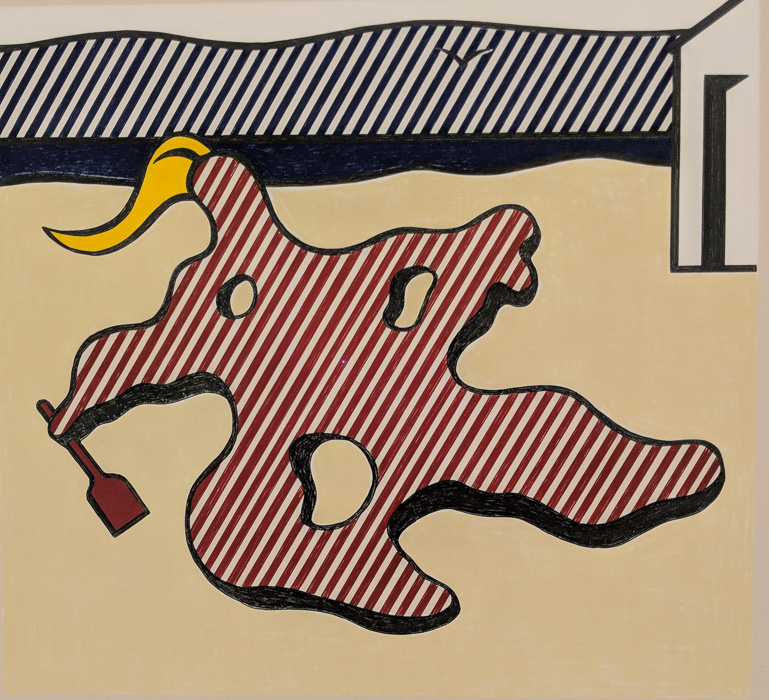
“The Adventure of the Priory School” in The Return of Sherlock Holmes
The day was just breaking when I woke to find the long, thin form of Holmes by my bedside.

“The Adventure of Black Peter” in The Return of Sherlock Holmes
I got a shake when I put my head into that little house. It was droning like a harmonium with the flies and bluebottles, and the floor and walls were like a slaughter-house.
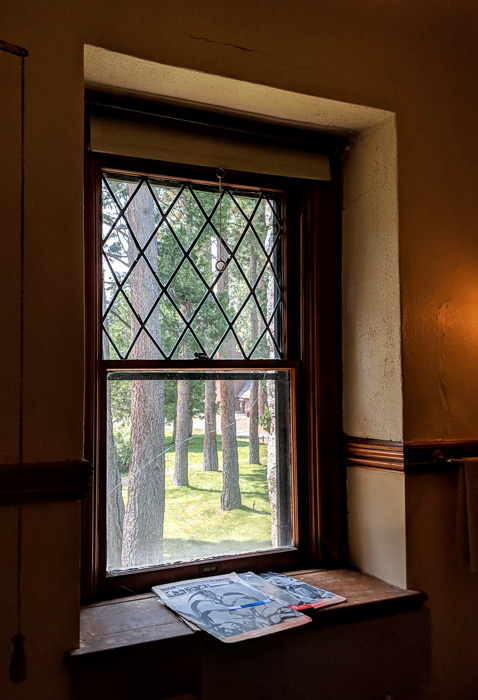
“The Adventure of the Six Napoleons” in The Return of Sherlock Holmes
The official received us with a very grave face and showed us into a sitting-room, where an exceedingly unkempt and agitated elderly man, clad in a flannel dressing-gown, was pacing up and down.

“The Adventure of the Six Napoleons” in The Return of Sherlock Holmes
Finally, he picked up his hunting-crop and struck Napoleon a sharp blow on the top of the head. The figure broke into fragments, and Holmes bent eagerly over the shattered remains. Next instant, with a loud shout of triumph he held up one splinter, in which a round, dark object was fixed like a plum in a pudding.
“Gentlemen,” he cried, “let me introduce you to the famous black pearl of the Borgias.”
Lestrade and I sat silent for a moment, and then, with a spontaneous impulse, we both broke at clapping, as at the well-wrought crisis of a play. A flush of colour sprang to Holmes’s pale cheeks, and he bowed to us like the master dramatist who receives the homage of his audience. It was at such moments that for an instant he ceased to be a reasoning machine, and betrayed his human love for admiration and applause. The same singularly proud and reserved nature which turned away with disdain from popular notoriety was capable of being moved to its depths by spontaneous wonder and praise from a friend.
“Yes, gentlemen,” said he, “It is the most famous pearl now existing in the world, and it has been my good fortune, by a connected chain of inductive reasoning, to trace it from the Prince of Colonna’s bedroom at the Dacre Hotel, where it was lost, to the interior of this, the last of the six busts of Napoleon which were manufactured by Gelder & Co., of Stepney.”

“The Adventure of the Three Students” in The Return of Sherlock Holmes
“I am very busy just now, and I desire no distractions,” my friend answered. “I should much prefer that you called in the aid of the police.”

“The Adventure of the Three Students” in The Return of Sherlock Holmes
“I shall be happy to look into it and to give you such advice as I can,” said Holmes, rising and putting on his overcoat. “The case is not entirely devoid of interest.”
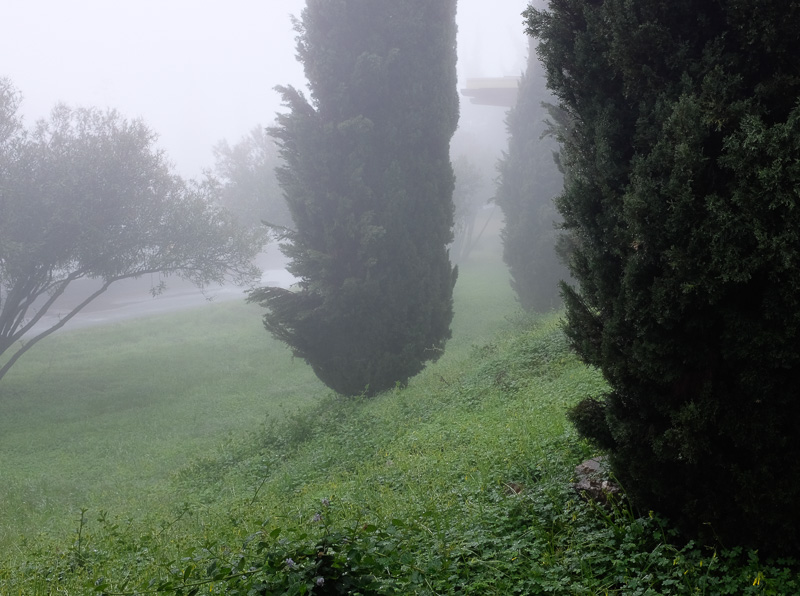
“The Adventure of the Three Students” in The Return of Sherlock Holmes
“No, indeed,” said Holmes, heartily, springing to his feet. “Well, Soames, I think we have cleared your little problem up, and our breakfast awaits us at home. Come, Watson! As to you, sir, I trust that a bright future awaits you in Rhodesia.”
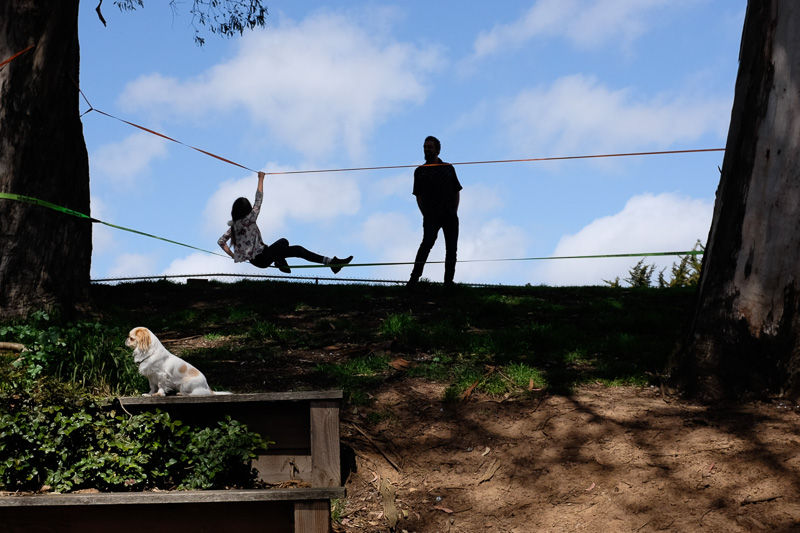
“The Adventure of the Golden Pince-Nez” in The Return of Sherlock Holmes
As I turn over the pages, I see my notes upon the repulsive story of the red leech and the terrible death of Crosby, the banker. Here also I find an account of the Addleton tragedy, and the singular contents of the ancient British barrow. The famous Smith-Mortimer succession case comes also within this period, and so does the tracking and arrest of Huret, the Boulevard assassin—an exploit which won for Holmes an autograph letter of thanks from the French President and the Order of the Legion of Honour.
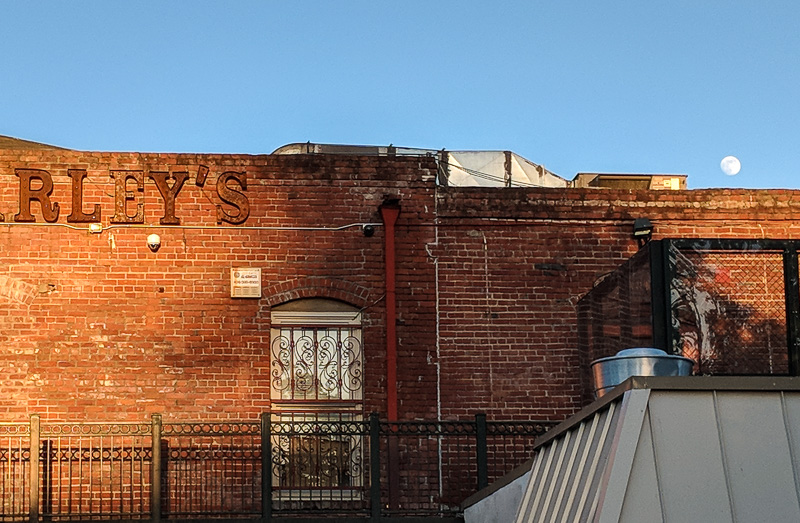
“The Adventure of the Golden Pince-Nez” in The Return of Sherlock Holmes
It was a wild, tempestuous night, towards the close of November. Holmes and I sat together in silence all the evening, he engaged with a powerful lens deciphering the remains of the original inscription upon a palimpsest, I deep in a recent treatise upon surgery. Outside the wind howled down Baker Street, while the rain beat fiercely against the windows. It was strange there, in the very depths of the town, with ten miles of man’s handiwork on every side of us, to feel the iron grip of Nature, and to be conscious that to the huge elemental forces all London was no more than the molehills that dot the fields.
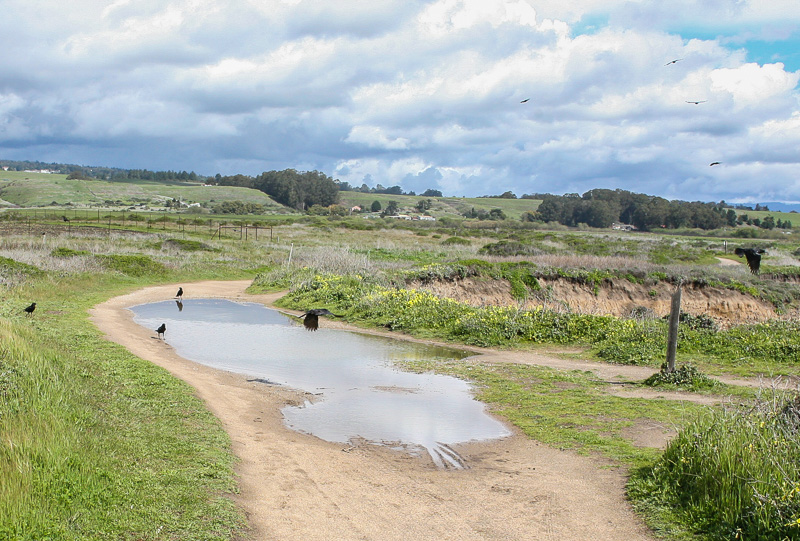
“The Adventure of the Golden Pince-Nez” in The Return of Sherlock Holmes
“Nothing was moved before I got there, and strict orders were given that no one should walk upon the paths leading to the house. It was a splendid chance of putting your theories into practice, Mr. Sherlock Holmes. There was really nothing wanting.”
“Except Mr. Sherlock Holmes,” said my companion, with a somewhat bitter smile. “Well, let us hear about it. What sort of a job did you make of it?”

“The Adventure of the Missing Three-Quarter” in The Return of Sherlock Holmes
At that instant, to give point to his words, the carriage came round to the door.
“Could you not follow it?” [I asked.]
“Excellent, Watson! You are scintillating this evening. The idea did cross my mind. There is, as you may have observed, a bicycle shop next to our inn. Into this I rushed, engaged a bicycle.”

“The Adventure of the Abbey Grange” in The Return of Sherlock Holmes
It was on a bitterly cold and frosty morning, towards the end of the winter of ’97, that I was awakened by a tugging at my shoulder. It was Holmes. The candle in his hand shone upon his eager, stooping face, and told me at a glance that something was amiss.
“Come, Watson, come!” he cried. “The game is afoot. Not a word! Into your clothes and come!”
Ten minutes later we were both in a cab, and rattling through the silent streets on our way to Charing Cross Station. The first faint winter’s dawn was beginning to appear, and we could dimly see the occasional figure of an early workman as he passed us, blurred and indistinct in the opalescent London reek.
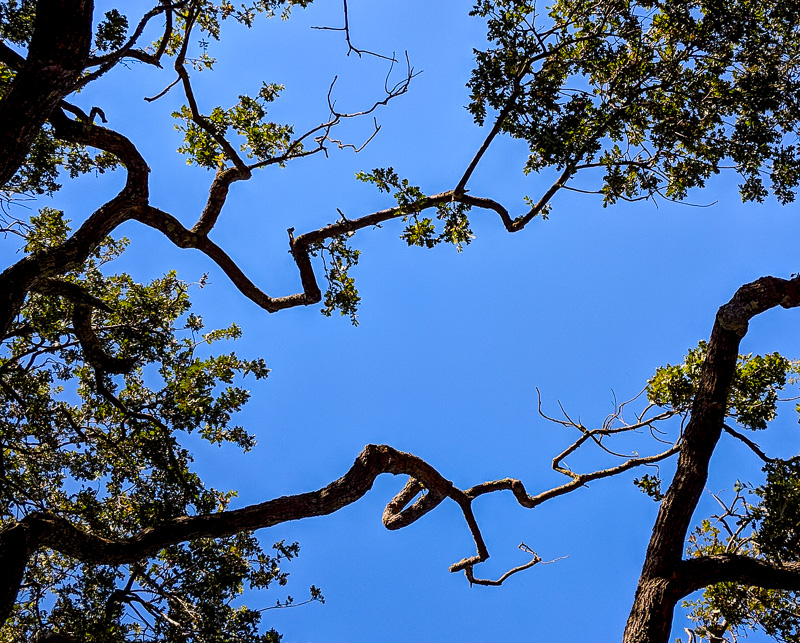
“The Adventure of the Abbey Grange” in The Return of Sherlock Holmes
“I must admit, Watson, that you have some power of selection, which atones for much which I deplore in your narratives. Your fatal habit of looking at everything from the point of view of a story instead of as a scientific exercise has ruined what might have been an instructive and even classical series of demonstrations. You slur over work of the utmost finesse and delicacy, in order to dwell upon sensational details which may excite, but cannot possibly instruct, the reader.”
“Why do you not write them yourself?” I said, with some bitterness.









September 15th, 2018 at 6:24 pm
“As I so often do, I’m going to fold in a completely irrelevant series of photos…”
Ha! As if! From my vantage point, there is nothing “completely irrelevant” about the photos and the text. You either have a magical eye or a Mexican Magical Realism camera. Or maybe both ===
September 16th, 2018 at 9:10 am
The only remaining copyright for the Holmes stories are from the Casebook. These are valid until 2023. There was a recent case establishing the free use of Holmes, Watson and most of their characteristics. People are only restricted from using things that are unique to the final few stories.
September 17th, 2018 at 12:02 pm
Loving it Rudy. I’ve read all these stories multiple times. The way they evoke Victorian London is wonderful and I probably think of Holmes every time I visit the place – it feels like nostalgia for a time before I existed.
By the way I’m rereading Hollow Earth in prep. for the Return. Enjoying it very much.
September 17th, 2018 at 10:11 pm
I’ve also been reading the complete collection in the form of the New Annotated Sherlock Holmes over the past several months, after being intimidated by these massive volumes for years. So far, I’ve read all the novels and more than half the stories. The annotations unfortunately sometimes detract from the stories by nitpicking inconsistencies. But they can provide background and insight as well, for instance, clarifying that mail delivery in Victorian England was as often as 12 times a day, making it easy for Holmes to write to Lestrade asking him to come over that same afternoon. These volumes also have the original Strand Magazine illustrations as well as from other publications, and contemporary photos.
September 27th, 2018 at 1:40 pm
I’ve got my dad’s old complete edition from the late Forties. I read it completely through to the end when I found it, and then over the years I read it again and again. It’s a pleasure to read his prose even when you know what’s going to happen. I’ve been rereading a lot of jack Vance lately; I got some of his mysteries I’d never read and ended up reading the LYONESSE trilogy because it’s so much fun to read.
My dad died when I was seven, but he left his books. He made sure I had a accurate book about dinosaurs, and an illustrated Homer; reality and myth both in context.